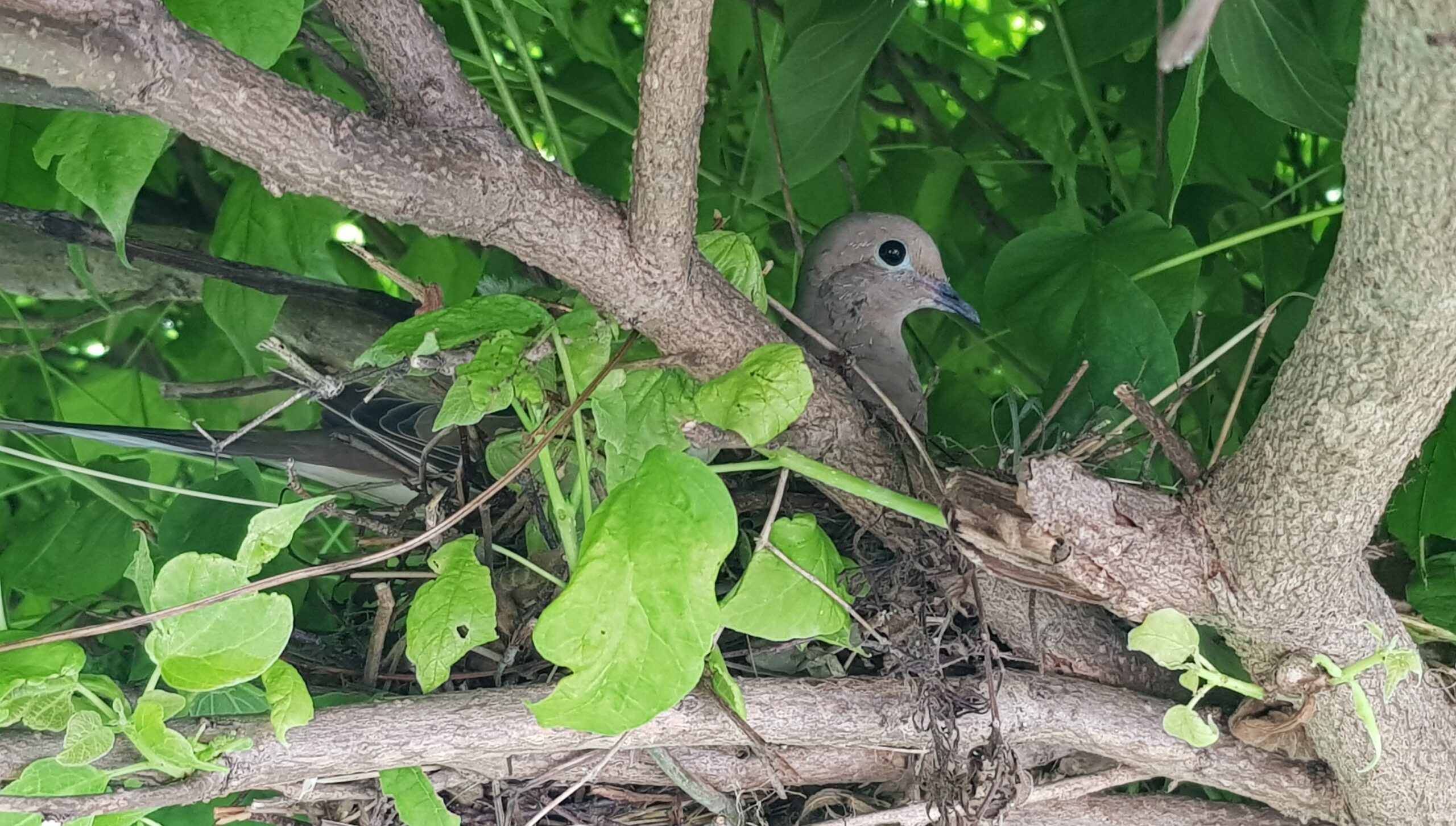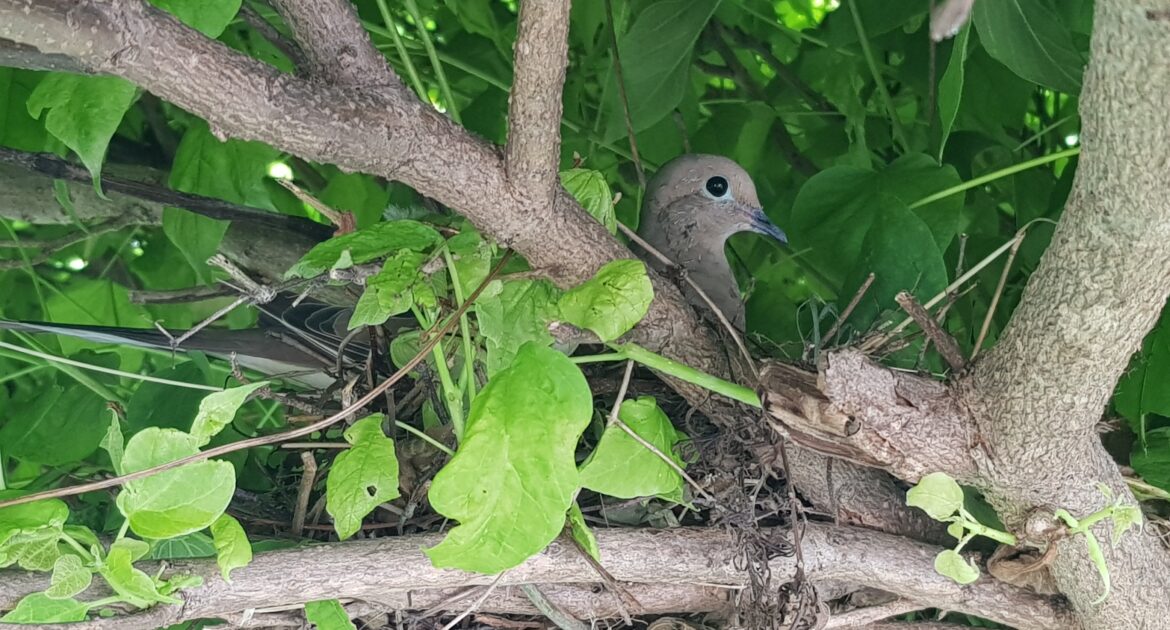Have you noticed birds visiting your yard and wondered if they’re helping or hurting your garden? While it’s true that some birds may nibble on fruit or disrupt seedlings, they play a vital role in maintaining a thriving and healthy garden. The benefits of birds in garden spaces are remarkable, from improving soil health to managing weeds and pests.
If you’re curious about how they help gardens and want practical bird-friendly gardening tips, read on to discover five incredible ways they can transform your backyard greenery.
Benefits of Birds in Garden Spaces
One of the most fascinating aspects of these animals is how they naturally integrate into an ecosystem’s balance. They contribute to gardening in ways you might not even realize. Here are five impactful benefits of having them in your garden:
1. Natural Pest Control
Birds are some of nature’s most effective pest controllers. Many species feed on insects that would otherwise wreak havoc on your plants. Warblers, swallows, chickadees, and robins, for example, feast on common pests like aphids, mites, beetles, caterpillars, and even mosquitoes.
Without the need for harmful pesticides, birds can reduce infestations and protect both your flowers and produce. Bluebirds are particularly effective in agricultural spaces, consuming hundreds of insects daily during peak seasons. By creating a welcoming environment for bug-eating birds, you’re giving your plants an advantage in the battle against pests.
How to attract pest-eating birds to your yard:
- Include native plants that provide natural cover and attract insects.
- Install feeders with suitable seed and suet blends to encourage birds to stick around.
- Create water sources like baths so they have an added reason to settle in your garden.
With an army of birds assisting in pest control, your plants will grow healthier and experience fewer interruptions from harmful bugs.
2. Improved Soil Aeration
Birds digging for insects or scratching at the soil for seeds might look like random behavior, but it has an important side effect—soil aeration. Soil aeration is the process of loosening compact soil, which improves air and water flow to plant roots. This is critical for root development and the overall health of your vegetation.
Robins, sparrows, and starlings actively aid in soil aeration because their foraging habits naturally turn the soil. They scratch and peck at the upper layers, which prevents compaction, fosters moisture penetration, and breaks up soil clumps.
How soil aeration helps garden productivity:
- Plants receive better access to nutrients and oxygen.
- Water is more evenly absorbed into the ground, reducing runoff and improving hydration.
- Soil remains loose and promotes strong root systems, leading to larger, healthier plants.
If you notice birds pecking at your garden’s soil, they are likely aerating it while solving your insect problems at the same time!
3. Seed Distribution and Weed Control
Birds also act as natural gardeners by distributing seeds. After consuming fruits or seeds, they travel and expel the seeds elsewhere, helping you cultivate a diverse and thriving plant population in your garden. However, another role they play is even more valuable—weed control.
Weeds can compete with your plants for important nutrients, but many birds enjoy feeding on the seeds of invasive species. Sparrows, doves, and finches are just a few examples that target unwanted seeds. By consuming the seeds before they germinate, they protect your garden from invasive plants.
How to encourage seed-eating species to help with weed control:
- Add feeding platforms filled with native feed to prevent weeds from taking over nearby.
- Install thistle feeders for finches, which specifically target weed-heavy areas.
- Allow natural grass edges to remain undisturbed so birds can forage for seeds.
With birds as collaborators, the time you spend weeding your garden can decrease significantly, leaving you with a well-maintained space.
4. Pollination Boost
While we often think of bees as the main drivers of pollination, many birds contribute to the process too. Species like hummingbirds, orioles, and sunbirds transfer pollen between plants as they feed on nectar. This leads to the fertilization of flowers, ensuring fruit and vegetable growth.
Pollination is absolutely essential for producing crops like tomatoes, squash, and cucumbers. If you’re lucky enough to attract pollinating birds, your garden will thank you with larger blooms and more abundant harvests.
Tips to invite pollinators to your garden:
- Plant brightly colored flowers like red or orange trumpet-shaped blooms to entice hummingbirds.
- Include a mix of native flowering plants for year-round nectar availability.
- Hang small feeders filled with a mix of water and sugar as supplemental nectar.
By enhancing your garden’s biodiversity, you’ll enjoy vibrant flowers and flavorful fruits season after season.
5. Natural Fertilization
Did you know that droppings can naturally enrich your soil? Bird waste contains nitrogen and phosphorus, two key nutrients that plants need to thrive. Unlike synthetic fertilizers, this natural addition won’t harm the environment and continuously nourishes the soil over time.
Although the presence of birds may not completely replace the need for fertilizers, their regular visits will create a healthier ecosystem overall. Additionally, gardens fertilized naturally tend to produce better quality crops with higher protein content.
Maintaining a safe habitat for beneficial soil fertilization:
- Keep birdbaths clean to attract birds while reducing contamination risks.
- Allow natural composting materials, like fallen leaves and twigs, to remain near feeding areas.
- Avoid using chemical pesticides or herbicides that can harm both the animals and your soil biology.
With natural fertilization built into your garden plan, your plants will gain a competitive edge—making every bloom and bite that much sweeter.
How Birds Help Gardens Thrive
Each of the benefits outlined stems from a bird’s instinctual behavior, making them a vital part of any healthy yard. From pest control to pollination, they support the growth of flowers, fruits, and vegetables in ways that feel both effortless and energizing for gardeners.
If you’re thinking about making your yard even more bird-friendly, take simple steps like adding birdhouses or planting native shrubs for shelter. These small changes can make a big difference in how often they visit—and how much they help your garden.
Bird Friendly Gardening Tips
Provide a Source of Fresh Water
Birds need fresh water for drinking and bathing, which is crucial for their survival and well-being. Adding a birdbath or a shallow, clean water feature in your yard can attract a variety of species. Ensure the water is regularly cleaned and refilled to prevent stagnation and maintain a safe environment for the birds. Heated baths can also be beneficial during colder months to prevent freezing.
Plant Native Flora
Native plants are an excellent choice for creating a bird-friendly garden because they provide natural food sources, such as berries, nectar, and seeds, that they are accustomed to eating. Additionally, native plants often attract local insects, which can serve as a valuable protein source for birds. Incorporate a variety of plants to ensure year-round food and cover options.
Minimize the Use of Pesticides
Avoiding or limiting the use of pesticides in your garden is essential for maintaining a safe habitat for birds. Pesticides can be toxic and diminish the availability of insects that many bird species rely on for food. Instead, focus on natural pest control methods to create a healthier, more sustainable environment for both birds and plants.
Create Layers in Your Garden
Design your garden with multiple layers of vegetation, including ground cover, shrubs, and taller trees. This layering provides diverse shelter options for birds of all sizes and species. Dense vegetation also offers protection from predators, ensuring the birds feel safe and comfortable while visiting your yard.
Feed Responsibly
Supplementing natural food sources by setting up bird feeders can increase the variety and frequency of bird visitors. Opt for high-quality birdseed blends or specific options like suet or nectar, depending on the bird species in your area. Ensure feeders are regularly cleaned to prevent the spread of diseases and position them strategically to minimize the risk of predators.
Discover A Healthier Garden With Skedaddle
At Skedaddle, our expertise in wildlife interactions emphasizes respecting and nurturing nature’s delicate balance. By attracting birds and understanding their contributions to your ecosystem, you can experience a greener, more bountiful outdoor space.
Enjoy everything birds bring to your garden this season. Contact us today to learn more about creating wildlife-friendly spaces!




